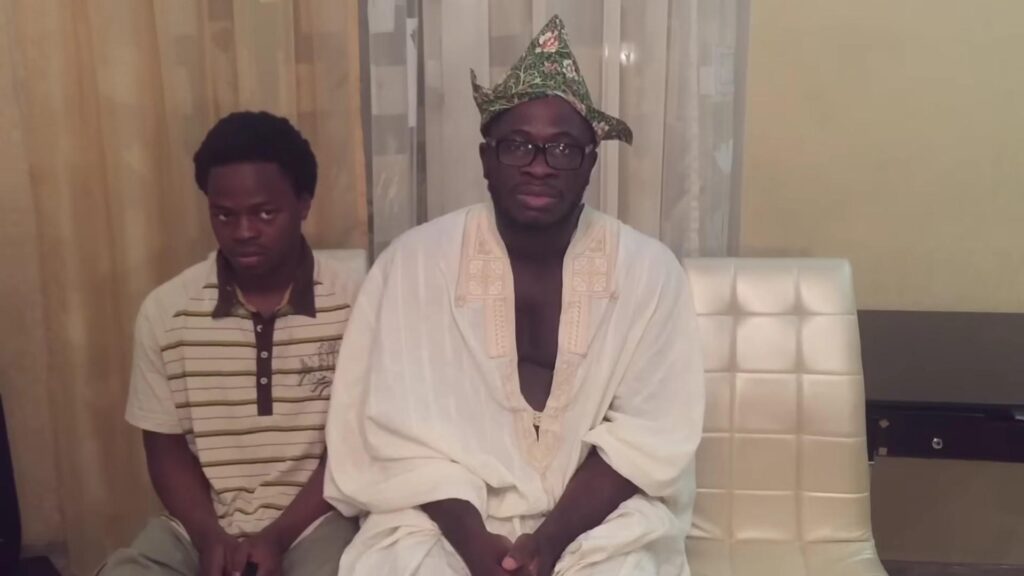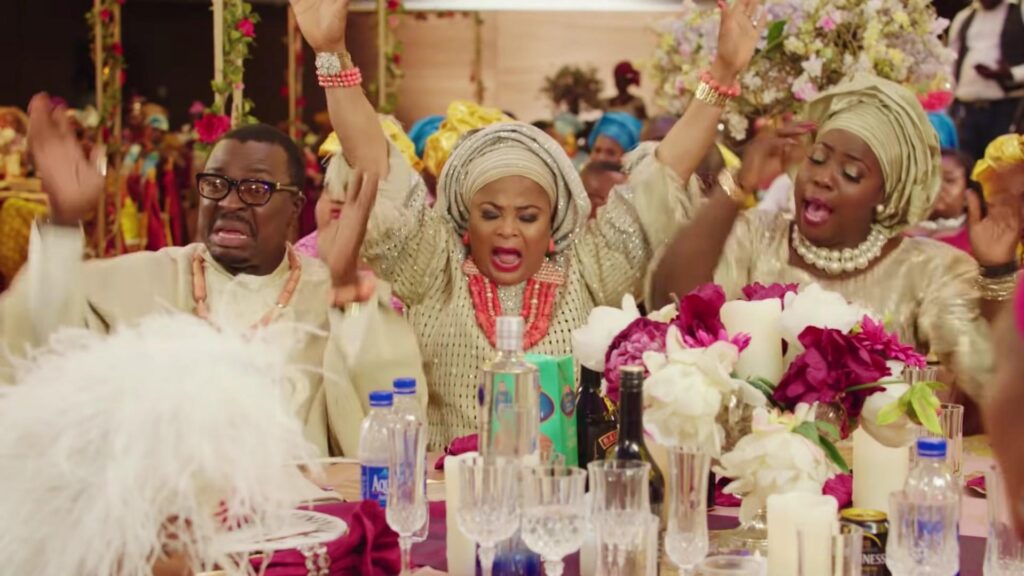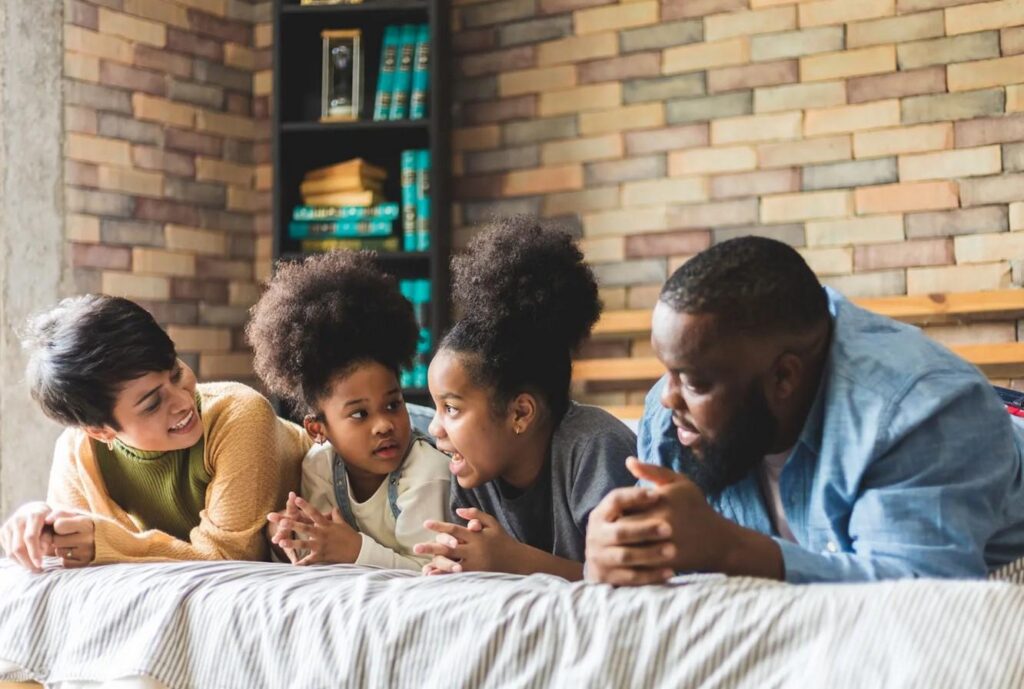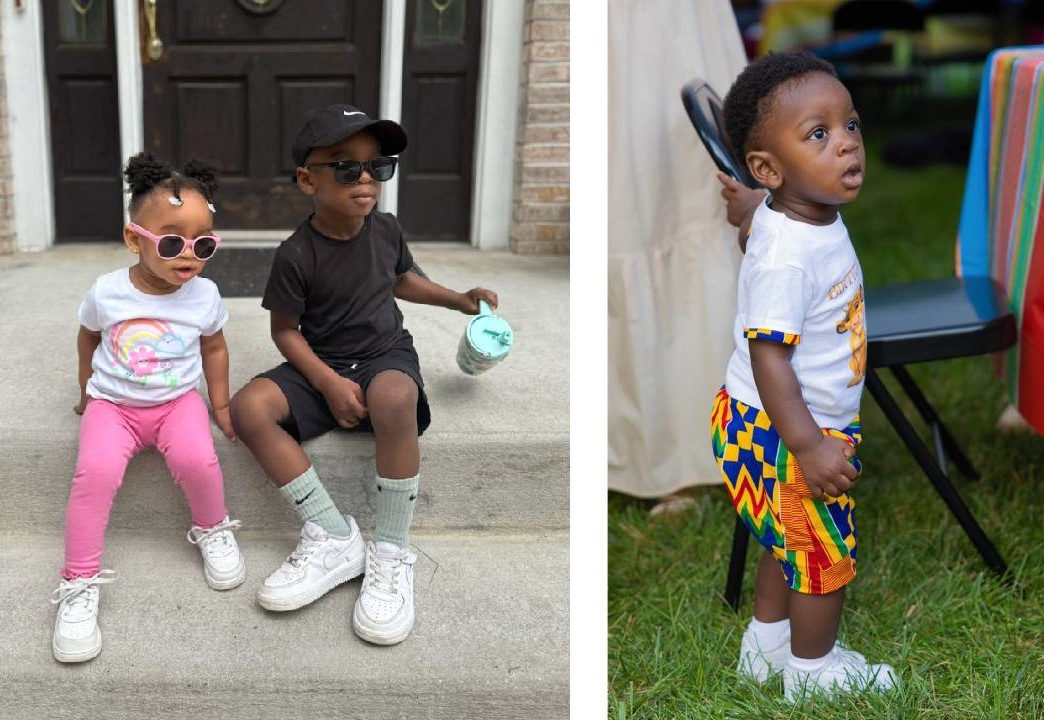Image source: Pulse
Every nation and ethnic group has stories about amusing things parents do or respond to concerning their children. This makes jokes and memes to sometimes explore parenting from around the globe. Over the years, African Parent humor has gained attention among other continents, thanks to its many hilarious facets.
However, parenting goes deeper than the humorous aspects of it as we can all testify. Hidden in these jokes and light-hearted conversations lie some elements of errors and wrong approaches. Now hold! This does not mean they are all bad they show lots of positive upbringing.
That said, this post is not going into teaching parents what to do. Rather, it aims to point out how the world perceives African parents. And how subsequent generations are adapting and evolving this style of upbringing.
The African Parent: Perception

Image source: Crazeclown
When it comes to parents ‘taking no nonsense’, African and Asian children have lots of experiences to share. To be fair, this trait extends to almost every ethnicity. However, some of the stereotypes fly more with the aforementioned continents than others.
Sarcasm
At this point, the world has come to terms with the effortless sarcasm peculiar to African parents. An example is giving the most outrageous answers to questions perceived to be witless or unnecessary.
Imagine a scenario where a mom tells one of her kids to pick a bowl from the living room. She knows the child has gotten used to putting such containers in the kitchen. However, if the child should ask, she could reply with something like “Come and put it on my head.”
This part of African parents might feel hurtful in the moment but it becomes amusing when remembered. According to HuffPost, having a healthy sense of sarcasm works positively for a child’s development when utilized properly.
Discipline
Parents generally employ varying methods to instill discipline in their kids. For African parents, spanking remains a staple approach to making sure children heed relevant lessons or corrections.
Asking Black adults if such an upbringing did more harm than good will produce different answers. It boils down to individual experiences. However, several studies have indicated that spanking most likely does more harm than good to children.
Dramatic Reactions
The African parent ranks high on the scale of the dramatic reactions. So much so that it remains a strong point for hilarious jokes today. From greatly exaggerated exclamations and comments to hyperbolic body movements, we all have stories to share.

Image source: TIFF Trailers
Whether this has a positive effect on kids or not, I do not know. But I know most Black adults and children find it humorous. Regardless of its effect, this trait is not leaving our beloved African parent anytime soon.
Patience
If jumping to conclusions is a superpower, Black parents would live as superheroes. Okay let’s add honesty, this trait is not exclusive to one race. However, we have witnessed it among our people too. Furthermore, not all of them do this but then, a large portion of the population jump to conclusions.
More often than not, doing this hurts children. As such, we can place it under the things Black parents need to work on and improve.
The African Parent: What Has It Changed?

Image source: The African Parent
The willingness and effort to change the needful remains an important part of moving forward as a society or community. In this case, there is overwhelming proof that the Black community has been constantly evolving to improve our style of parenting.
You might start wondering about how the community progresses in this regard. Here are some for you to consider.
Less Spanking and More of the Alternatives
Black parents all over the world have started employing alternate options aside from spanking to instill discipline. From setting limits to giving choices, the community has started seeing more positive discipline methods over the years.
The inevitable rise of children with sound decision-making and communication skills can be tied to this improvement.
More Patience and Involvement
Thanks to deeper levels of exposure and understanding, African parents now display more patience when dealing with their children. This has also helped with making the parents get involved with the teenage years of their kids.

Image source: Christian Life Resources
What does this mean? It means Black kids have started having more trust in their parents. They also feel more comfortable at home, which helps create a sense of belonging and acceptance.
Better Connection
With time, African Parents have created stronger connections with their kids. We now experience more positive affirmations in the families. And this brings about a sense of confidence knowing that no matter what you face in the world, you have got a home backing you.
The above points only reflect a part of the various ways in which the African Parent has evolved. So, next time you hear that joke, laugh gleefully with the knowledge that it can only get better now.





